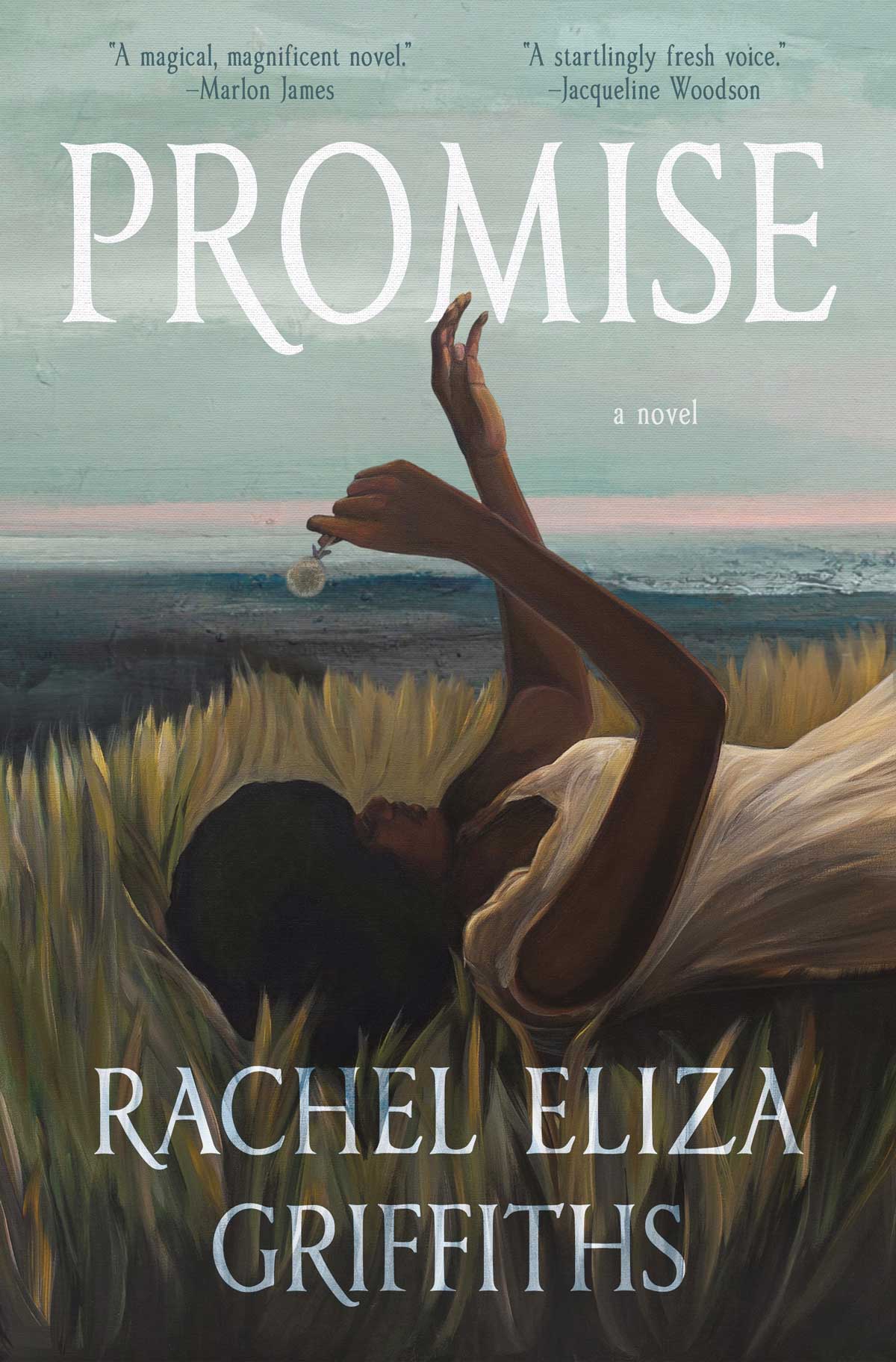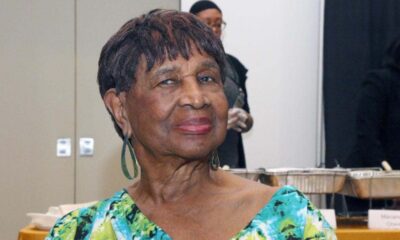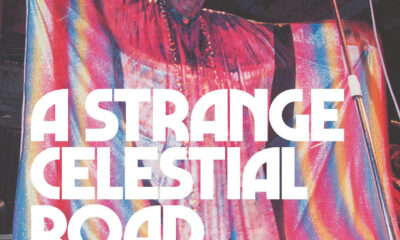Book Review
Promise

A Novel by Rachel Eliza Griffiths
Book Review by Dr. Brenda M. Greene
Promise: A Novel by Rachel Eliza Griffiths
Random House, 316 pp.
Promise, (Random House, 2023), a coming-of-age debut novel by poet and visual artist Rachel Eliza Griffiths, explores the concept of the “Promise” from the perspectives of two Black girls, Erza and Cinthy, living during the Civil Rights era in a predominantly white town on the coastal high bluffs of Maine. Woven in the story of Promise is the theme of what freedom means for a Black family in a country whose history of racism, discrimination, and violence permeates communities throughout the United States. This Black family, the Kindreds, attempts to follow the path to freedom and self-determination in 1950s America. They believe in the dream of the “Promise,” that is, if they work hard, acquire an education, and follow the right path, they will be granted the “Promise,” and social justice will prevail. Having left the South, they come North to Salt Point, Maine, to pursue what appears to be a fleeting “Promise”.
The young girls, Cinthy, 13, and Erza, 15, have been sheltered and protected by their parents during their childhood. They are a small minority in their community and school; however, when they enter their teenage years, their world is turned upside down and they encounter blatant discrimination and racism. The shelter provided by their father who teaches at the majority white school they attend and their mother who works at home becomes fractured as a result of a series of incidents over which they have no control. As acts of civil disobedience, violence, and brutality escalate throughout the nation during the Civil Rights Movement, the villagers in Salt Point, aware of the boycotts, freedom marches, and fight for voting rights in the South, begin to look differently at the Kindreds and the Junketts, the other Black family in the town. It is clear that the lingering vestiges of the Jim Crow South are very present in this small northern town.
Griffiths also complicates this narrative by illustrating the way in which the friendship between Erza and Ruby, a White girl from a low-income house dissolves as the Civil Rights Movement grows. The Kindreds symbolize all that she desires, and in her mind, like her, they represent “the other” in the town. She actively tries to befriend them; however, her attempts at friendship cannot succeed in this racially segregated and socially isolated town where village women carry guns to the bakery and where most never move more than 20 or 30 miles from their houses. The racial and class differences between Ruby and Erza intensify. When Ruby attempts to align herself with Erza and Cinthy by speaking to them about the struggle and righteous qualities of Black people, Erza and Cinthy are indignant that a White girl has decided that she will explain freedom and the Black experience to them. “Who is Ruby to tell us,” asks Cinthy and Erza. Their response is sharp and pointed: “What’s involved in the freedom you seem to know so much about? Your own papa beats you black and blue but you got the nerve to tell me and my sister about freedom.” Their reaction to Ruby symbolizes the beginning of events that escalate and highlight the limitations of the “Promise” for the Kindreds and Junketts in this novel.
Griffiths’ blending of poetry and prose provides rich imagery and helps to connect readers to the invisibility, fear, grief, and hopelessness experienced by the characters. The character Cinthy, in reflecting on her treatment by a new White teacher, ponders over whether this new teacher would call her name or simply order her to cease to exist. Her self-confidence diminished, Cinthy reveals the stigma she feels: “My shame was a parquet floor, a polished grid where my new teacher danced and spun, her patent leather heels sliding across my confidence until I felt dull.”
As the novel progresses, questions arise regarding the impact of being silent as a family in a majority white environment. Cinthy wonders how “they could’ve ever thought that they had power in maintaining their invisibility.” She reflects on loss and grief: “Everything I once knew had been thrown away, had been moved from its usual place. . . Being smart could kill you, could drown you, could get you burned alive for no discernable reason.”
Black people migrated to many towns in the North in an effort to escape Jim Crow, the exploitation of sharecropping, violence, and blatant racism. They often found themselves in the minority in these small towns and believed that quietly sheltering in place could protect them. Griffiths’ Promise, a poetic and moving novel, exposes the undercurrents of deep-seated racism and violence throughout this country and a family’s persistence and determination to continue to pursue the “Promise” as a path of liberation and independence for them and their family.
Rachel Eliza Griffiths is a multi-media artist, poet, and novelist. Her literary and visual work has been widely published in journals, magazines, anthologies, and periodicals.
Dr. Brenda M. Greene is Professor of English and Founder and Executive Director of the Center for Black Literature at Medgar Evers College, CUNY.







